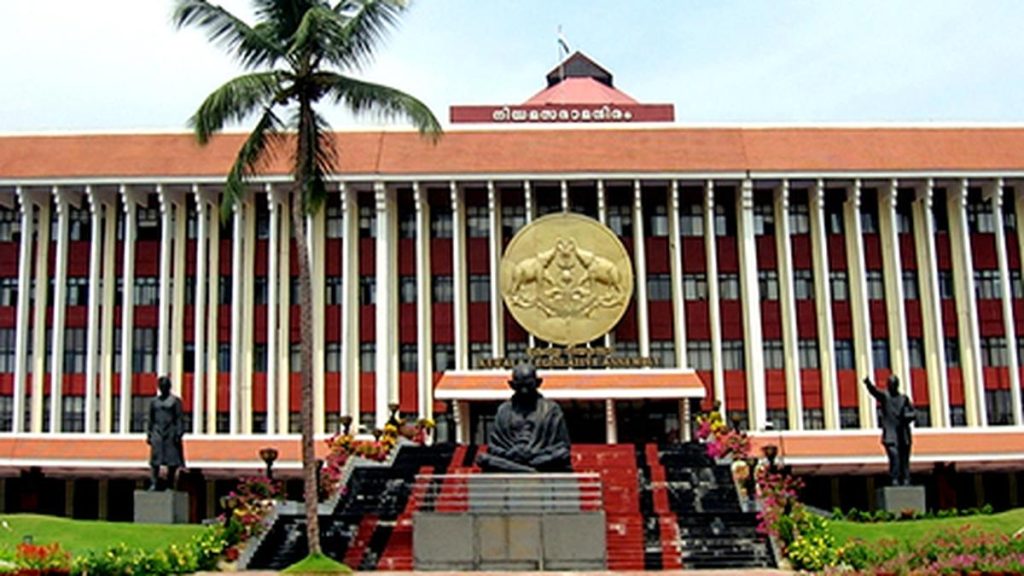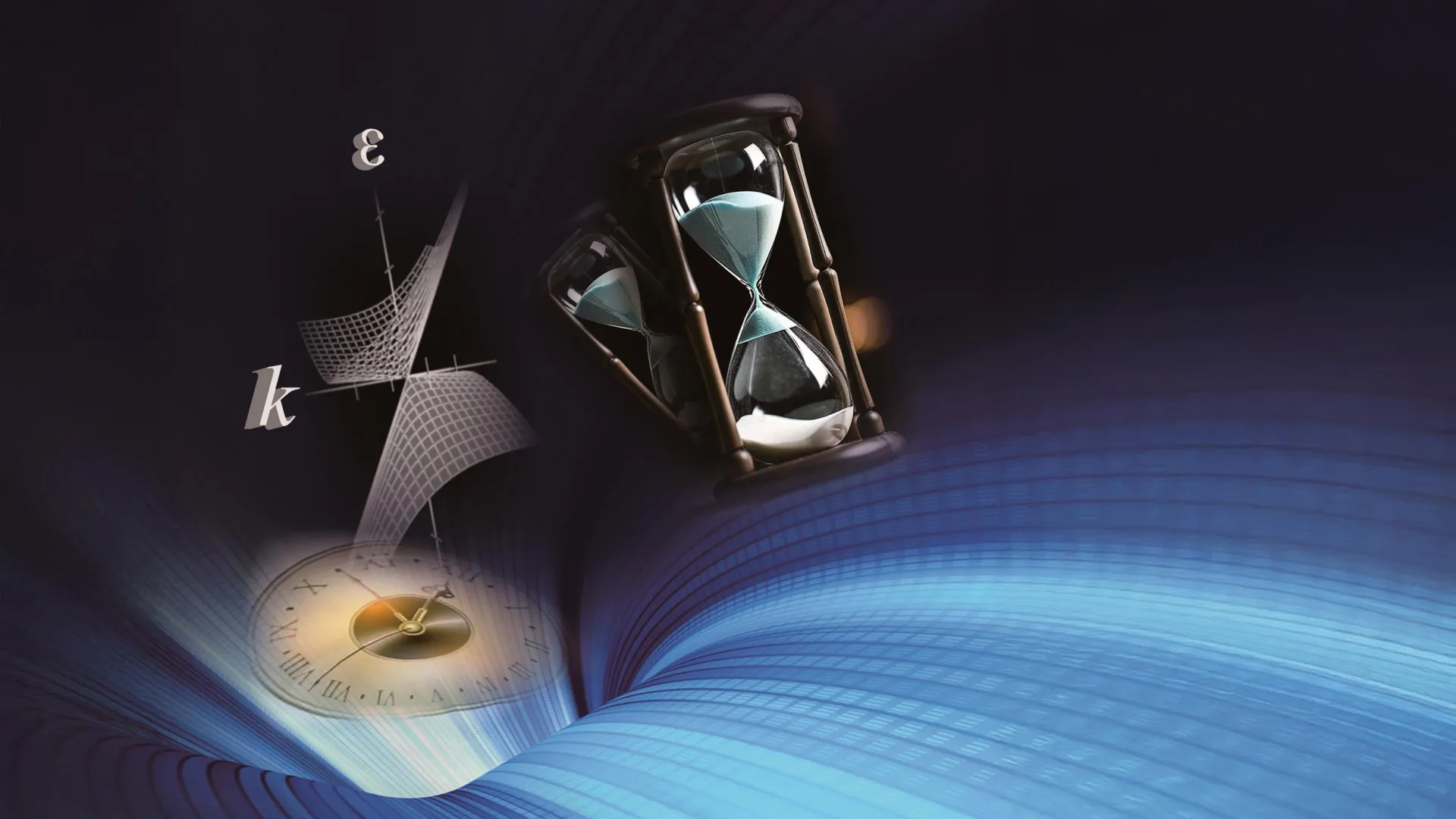Now Reading: Google’s Quantum Breakthrough Achieves Once-Impossible State
-
01
Google’s Quantum Breakthrough Achieves Once-Impossible State
Google’s Quantum Breakthrough Achieves Once-Impossible State

Quick Summary
- Researchers from the Technical University of Munich (TUM), Princeton University, and Google Quantum AI have conducted groundbreaking experiments using a 58 superconducting qubit quantum processor.
- They achieved a Floquet topologically ordered state, a phase theoretically predicted but never observed before.
- the team’s work involved directly imaging edge motions, using novel algorithms to explore topological properties, and observing particle transmutation phenomena unique to these exotic quantum states.
- Quantum processors were highlighted as strong experimental platforms for probing non-equilibrium quantum matter, which classical computers struggle to simulate effectively.
- This discovery paves the way for advanced studies in fundamental physics and potential new applications in quantum technologies.
Indian Opinion Analysis
The realization of the Floquet topologically ordered state marks an important step forward in understanding non-equilibrium quantum phases. While India is not named directly as part of this groundbreaking research effort, developments like these showcase the global race in advancing applied quantum computing technologies-a field where India has begun investing through initiatives such as its National Mission on Quantum Technologies & Applications. As researchers demonstrate that quantum computers can act as laboratories for discovering new states of matter, India’s strategy could benefit by cultivating skilled talent and strengthening international collaborations. The implications span from scientific breakthroughs to designing innovative technological solutions that may impact multiple sectors globally.




























